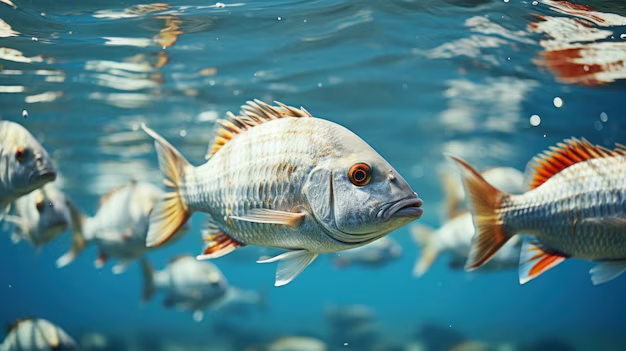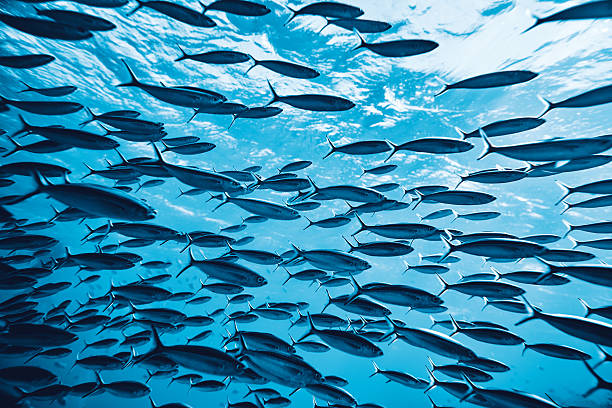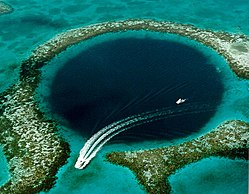Ocean:_R-Pnrohkyq= Underwater:-Fglcj_Gphw= Fish

The intricate adaptations of Ocean:_R-Pnrohkyq= Underwater:-Fglcj_Gphw= Fish realm reveal a fascinating interplay between survival and ecological balance. From their remarkable camouflage techniques to bioluminescent communication strategies, these creatures exemplify the complexity of marine life. Moreover, their roles in regulating prey populations and contributing to nutrient cycling underscore their importance in maintaining healthy ecosystems. However, the escalating threats posed by human activities raise critical questions about the future of these species. What measures are necessary to safeguard their existence and, by extension, the vitality of our oceans?
Unique Adaptations of Fish
Unique adaptations of fish are critical to their survival in diverse marine environments. Camouflage techniques, such as disruptive coloration and counter-shading, enable fish to evade predators while hunting. Additionally, bioluminescent features facilitate communication and attract prey in dark waters. These evolutionary traits exemplify the intricate relationship between fish and their habitats, enhancing their ability to thrive amidst environmental challenges.
Read Also: Underwater:4ujm4b2lr3w= Zealandia
Ecological Roles in Marine Environments
Fish exhibit a wide array of adaptations that not only facilitate their individual survival but also position them as integral components of marine ecosystems. Their predatory impacts regulate prey populations, maintaining ecological balance. Additionally, through their feeding and excretion processes, fish play a crucial role in nutrient cycling, redistributing essential elements that support a diverse array of marine life and promote overall ecosystem health.

Behavioral Patterns and Interactions
How do the intricate behavioral patterns of marine fish influence their interactions within ecosystems? Schooling behavior enhances survival through collective vigilance against predators, while also facilitating foraging efficiency. Conversely, territorial disputes arise as fish establish dominance over specific areas, impacting resource allocation and reproductive success. These behaviors underscore the complex dynamics that shape ecological relationships, ultimately influencing population structures and community composition within marine environments.
Read Also: Underwater:1-Ccgzihhe8= Wahoo
Threats to Ocean:_R-Pnrohkyq= Underwater:-Fglcj_Gphw= Fish Species
The intricate behavioral patterns of marine fish not only shape their ecological interactions but also render them vulnerable to a myriad of threats. Overfishing impacts exacerbate population declines, disrupting the balance of marine ecosystems. Concurrently, habitat destruction—stemming from coastal development and pollution—further jeopardizes their survival. Addressing these threats is essential to preserving fish species and maintaining the health of oceanic environments.
Conclusion
The intricate adaptations and ecological significance of Ocean:_R-Pnrohkyq= Underwater:-Fglcj_Gphw= Fish underscore their essential role in maintaining marine biodiversity. Approximately 34% of global fish populations are currently overfished, with many species facing impending extinction. This alarming statistic highlights the urgent need for targeted conservation strategies to protect these vital organisms and their habitats. Without immediate action, the delicate balance of marine ecosystems could be irreversibly disrupted, leading to far-reaching consequences for both ocean health and human livelihoods.




